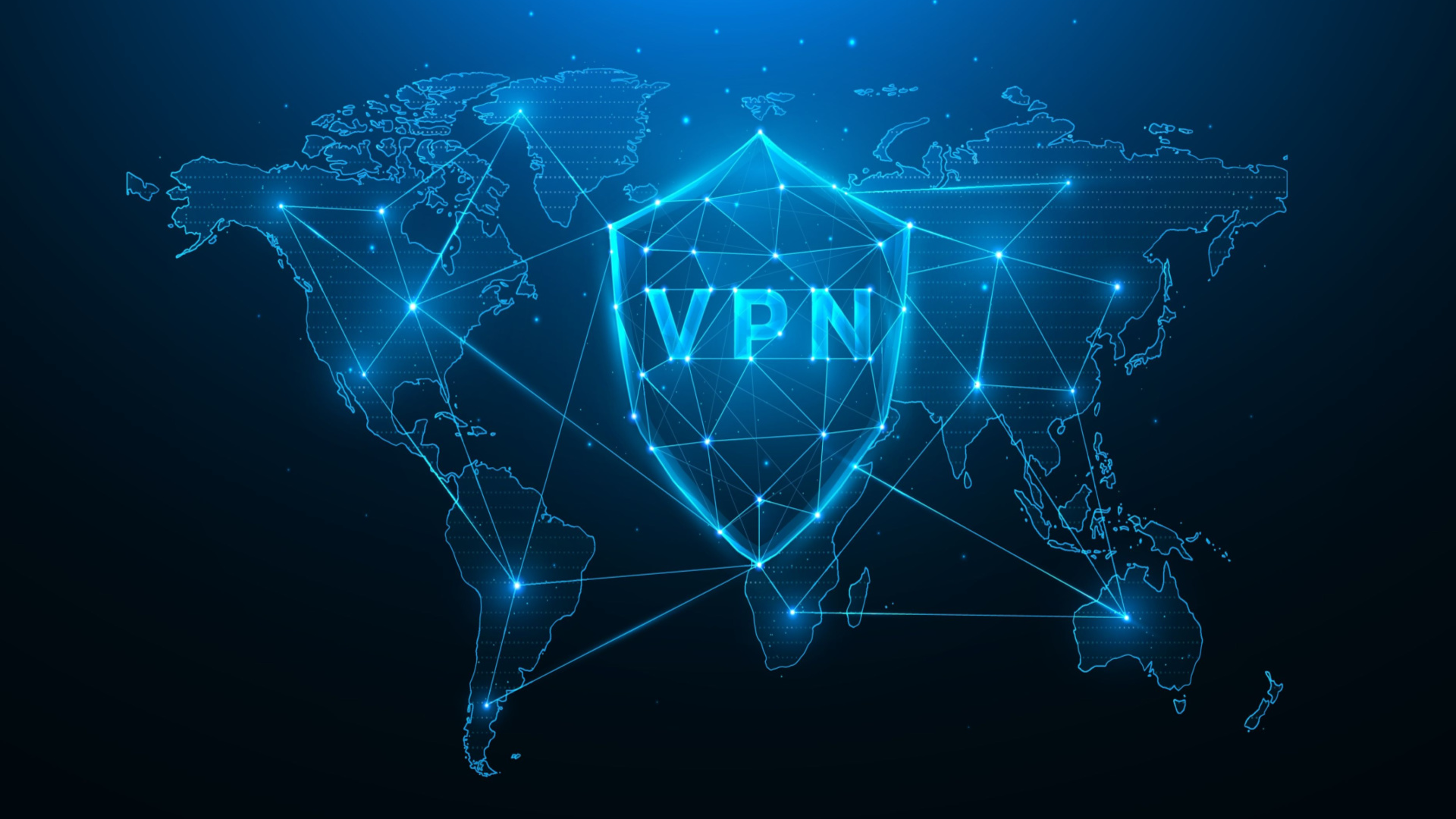Government blocking of social media highlights the power of VPN services
Until such time as internet freedom is guaranteed and the norm, expect to see people far and wide turn to technology to help them express themselves freely

Indonesia is looking towards partially blocking social media to prevent the spread of hoaxes after violence in the capital, Jakarta, following the announcement of official election results. According to the country’s chief security, Wiranto the move seeks to avoid further provocation and the spreading of fake news throughout the community. Sadly, six people were killed in the unrest that gripped parts of Jakarta on Tuesday night after the election commission confirmed that President Joko Widodo had won last month’s election. The government primarily restricted the use of WhatsApp and Instagram with many reporting difficulties sending multimedia messages via WhatsApp, which is one of the country’s most popular chat apps, and posting content to Facebook. The hashtag #instagramdown is trending among the country’s Twitter users due to problems accessing the Facebook-owned photo app. Facebook — which operates both WhatsApp and Instagram — didn’t explicitly confirm the blockages, but it did say it has been in communication with the Indonesian government.
Facebook has already seen its services forcefully cut off in Sri Lanka in April, when the service was completely banned for days amid terrorist strikes in the nation. India, which just this week concluded its general election, has expressed concerns over Facebook’s inability to contain the spread of false information on WhatsApp, which is its largest chat app with more than 200 million monthly users.
And we have even seen the UK government propose limits on social media access before, following on from the August 2011 riots. Due to widespread rioting in England, the then Prime Minister, David Cameron announced plans for the home secretary to meet with executives of Facebook and Twitter, as well as Research In Motion (RIM), maker of the BlackBerry smartphone, to discuss possible measures to prevent troublemakers from using social media and other digital communications tools. The Prime Minister announced that they would work with the police, the intelligence services and industry to look at whether it would be right to stop people communicating via these Web sites and services if people were plotting violence, disorder or criminality. Critics denounced the plans saying that the government was considering policies similar to those it had criticised in totalitarian and one-party states.
So are Governments around the world effectively imposing limits on freedom of speech by banning or limiting the use of social media? In America we should remember that the First Amendment protects against censorship by government. Furthermore, social media companies are all private businesses with discretion over the content they wish to promote, and any effort by government to influence what social media platforms promote risks violating the First Amendment. Inherently, social media are platforms, not publishers. They provide the means for large numbers of people to produce and consume information. They are open to both producers and consumers. And whilst there are social media managers who regulate content on platforms, they are effectively vehicles for free expression of thought and opinion.
Tackling monopolies
Some might argue that regulating social media companies is necessary because such companies have effectively created monopolies and therefore antitrust laws should be used to break them down (to allow smaller competitors to break through). However, it is because these companies have created such very large monopolies that makes social media such a powerful force for communication - users benefit from membership of a dominant platform. That is to say, the value of a platform for its users grows with the number of other users. Would people communicate over Facebook or Twitter if their friends were not there?
Globally, the big social media companies account for approximately 3.5 billion users. That’s an awfully large number of people who are free to express their opinions, their thoughts and even their ideologies. Clearly, any move by government to impose a ban, or limit of any kind, on social media amounts to a blow against freedom of speech. We firmly believe that it is and we are therefore not surprised to see such massive spikes in our traffic when such government intervention occurs. Amongst many other tools available, virtual private networks (VPNs) give users their rights back by allowing them to bypass any restrictions on social media
For example, during the recent events in Indonesia, and the blocks imposed on WhatsApp and Instagram, our traffic increased by 300 per cent - massively reflecting the will of the Indonesian people looking to wrest back control over their freedom and expression of speech at a time when the government was clamping down on it.
Are you a pro? Subscribe to our newsletter
Sign up to the TechRadar Pro newsletter to get all the top news, opinion, features and guidance your business needs to succeed!
There are those who believe that government should actively regulate the moderation of social media platforms to attain fairness, balance, or other such values. However, who is to decide what is ‘fair’ or what amounts to ‘balance’? Surely the only true freedom of speech is where fairness and balance is maintained by giving free reign to ALL and thereby allow balance to achieve itself. Neither is censorship a good idea. It drives extreme views underground where they can't be challenged. We would rather see extremists online and tackle them head on instead of having their views gain traction, unchallenged.
Until such time as internet freedom is guaranteed and the norm, expect to see people far and wide turn to technology to help them express themselves freely and share their opinions widely.
Seb Schaub, CEO, Hide.me
- Check out our list for the best VPN
Seb Schaub is the CEO of VPN service hide.me